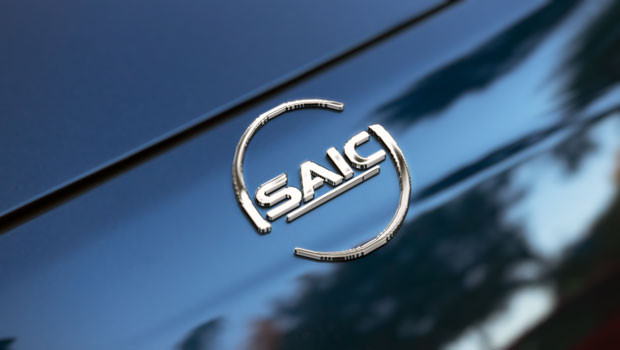EU to slap tariff of up to 38pc on Chinese EVs

The European Union (EU) is set to impose tariffs of up to 38% on Chinese electric vehicles (EVs), it was reported on Wednesday, initiating duties exceeding €2bn annually and risking a trade conflict with China.
The decision, as reported by the Guardian, followed a nine-month investigation into alleged unfair subsidies to Chinese battery electric vehicles (BEVs), including those from major brands like BYD, Geely, and SAIC, which owns MG.
According to the Guardian, the provisional tariffs, starting next month, were in line with World Trade Organization regulations, giving China a four-week window to contest the EU’s evidence justifying the levies.
The EU's investigation concluded that the BEV value chain in China benefited significantly from state subsidies, posing a threat to the EU industry by flooding the market with artificially low-priced imports.
EU vice-president Margaritis Schinas said the investigation's findings indicated significant unfair subsidies in China's car production, threatening economic harm to EU BEV manufacturers.
The EU had reached out to Chinese authorities to discuss the findings and explore possible resolutions.
It said the tariffs would be tiered, with cooperating manufacturers facing a 21% duty, while non-cooperating firms would incur the highest rate of 38.1%.
SAIC would be subject to the top tariff, while Geely faced 20%, and BYD brands would see a 17.4% duty.
Tesla, which cooperated with the investigation, could initially face a 21% tariff, subject to revision after further assessment.
The EU was expecting retaliatory measures from China, which could impact a range of EU exports, including French cognac and dairy products.
In 2023, the value of all EU vehicle exports to China was nearly €200bn, making China the EU’s third-largest market by share.
The upcoming G7 summit in Italy will address China’s overcapacity issues, with the EU advocating for coordinated responses to prevent unilateral measures that could harm other G7 members.
Recently, the US imposed 100% tariffs on Chinese EV imports, and Turkey announced 40% tariffs.
China’s foreign ministry spokesperson, Lin Jian, called the EU’s tariff proposal “protectionism”, expressing concerns over potential impacts on bilateral trade and cooperation.
Politicians and industry representatives from various European countries, including Germany, had voiced opposition to the EU’s tariff plans due to potential countermeasures affecting their exports to China.
Reporting by Josh White for Sharecast.com.